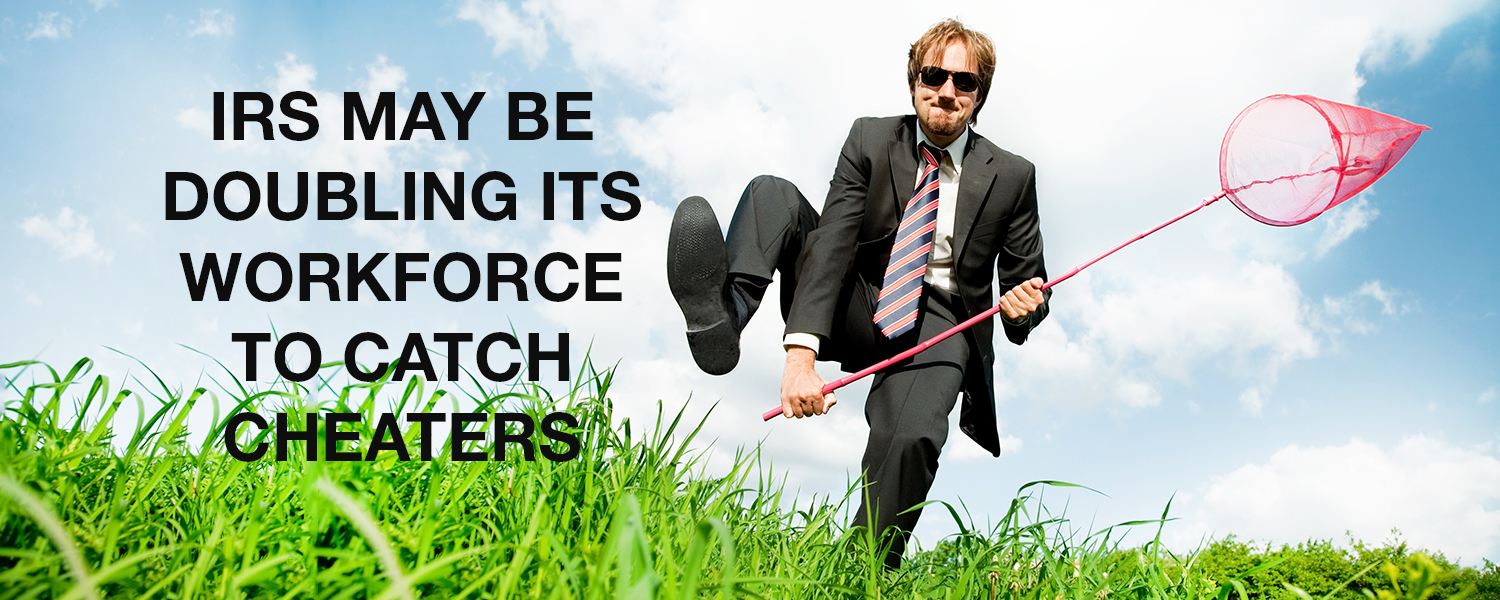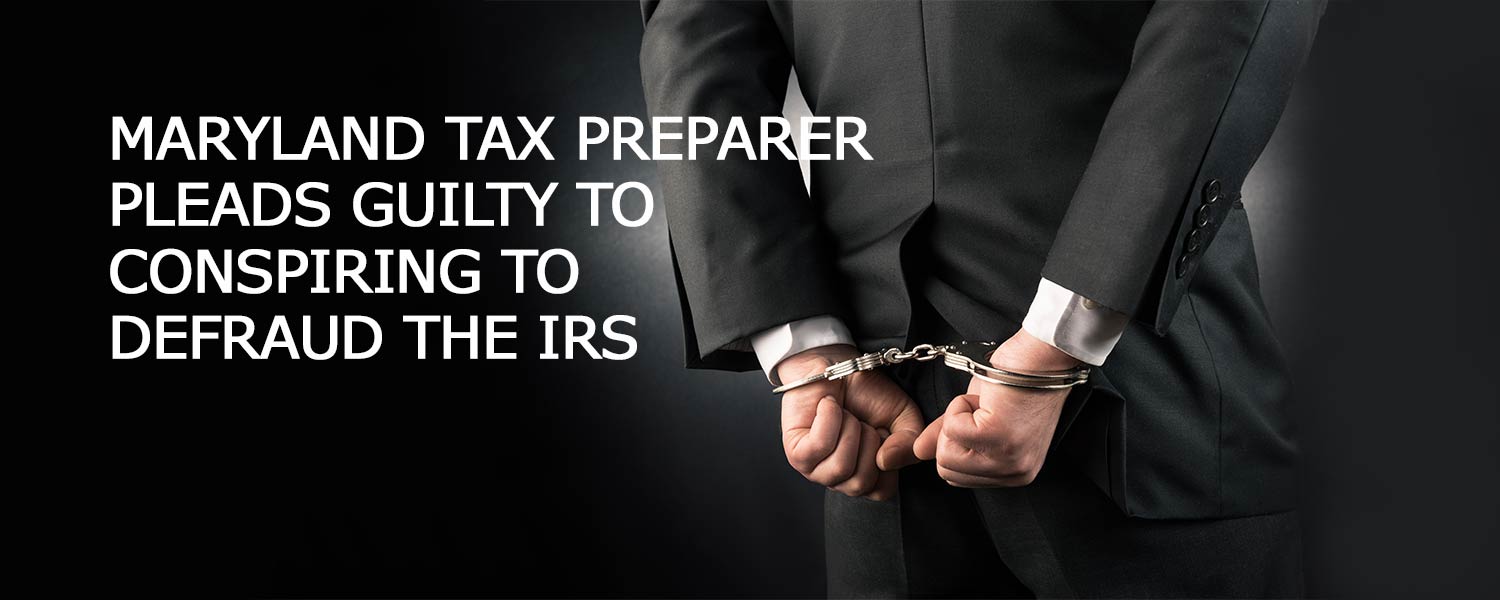The Biden Administration Continues Its Stance Against Cannabis In A Section 280E Legal Battle
The Biden Administration Continues Its Stance Against Cannabis In A Section 280E Legal Battle
On May 21, 2021, acting Solicitor General Elizabeth Prelogar filed an Opposition Brief on behalf of the United States in its opposition to a Petition For A Writ Of Certiorari To The United States Court Of Appeals For The Tenth Circuit in the case of Eric D. Speidell et al vs. United States Of America (U.S. Supreme Court No. 20-1332).
Eric Speidell of Colorado-based The Green Solution who is included in the petitioners owns and operates marijuana dispensaries in Colorado, which has decriminalized marijuana in some respects under state law. The tax returns filed by the cannabis businesses were selected for examination. Unlike non-cannabis businesses which can deduct all expenses incurred in carrying on a trade or business under IRC Sec. 162, cannabis businesses are subject to IRC Sec. 280E.
Under IRC Sec. 280E, taxpayers cannot deduct any amount for a trade or business where the trade or business consists of trafficking in controlled substances…which is prohibited by Federal law. What this means is that dispensaries and other businesses trafficking in cannabis have to report all of their income and cannot deduct rent, wages, and other expenses, making their marginal tax rate substantially higher than most other businesses.
The question as presented to the U.S. Supreme Court is: Whether the court of appeals correctly affirmed the district court’s decision to enforce several third-party summonses issued by the Internal Revenue Service as part of investigations into the accuracy of petitioners’ federal income tax returns.
If the Supreme Court grants the Writ Of Certiorari, the Court would eventually hear this appeal and issue a ruling which could have huge implications for the cannabis industry given that prior challenges in the lower courts by cannabis businesses have been unsuccessful.
Yes – Cannabis Businesses Have to Report Income To IRS And Pay Taxes!
While the sale of cannabis is legal in California as well as in a growing number of states, cannabis remains a Schedule 1 narcotic under Federal law, the Controlled Substances Act. As such businesses in the cannabis industry are not treated like ordinary businesses. Despite state laws allowing cannabis, it remains illegal on a federal level but cannabis businesses are obligated to pay federal income tax on income because I.R.C. §61(a) does not differentiate between income derived from legal sources and income derived from illegal sources.
While most expenses cannot be deducted under IRC Sec. 280E, IRC Sec. 280E does allow a cannabis business to deduct its Cost Of Goods Sold (“COGS”). Cost of goods sold are the direct costs attributable to the production of goods. For a marijuana reseller this includes the cost of cannabis itself and transportation used in acquiring cannabis. To the extent greater costs of doing business can be legitimately included in COGS that will that result in lower taxable income.
I.R.C. Section 280E IRS Tax Audits
It is no surprise that cannabis businesses are proliferating as more States legalize cannabis and make available licenses to grow, manufacture, distribute and sell cannabis. The IRS recognizes this and it is making these cannabis businesses face Federal income tax audits. IRC Sec. 280E is at the forefront of all IRS cannabis tax audits and enforcement of Sec. 280E could result in unbearable tax liabilities.
Proving deductions to the IRS is a two-step process:
- First, you must substantiate that you actually paid the expense you are claiming.
- Second, you must prove that an expense is actually tax deductible.
Step One: Incurred And Paid The Expense.
For example, if you claim a $5,000 purchase expense from a cannabis distributor, offering a copy of a bill or an invoice from the distributor (if one is even provided) is not enough. It only proves that you owe the money, not that you actually made good on paying the bill. The IRS accepts canceled checks, bank statements and credit card statements as proof of payment. But when such bills are paid in cash as it typical in a cannabis business, you would not have any of these supporting documents but the IRS may accept the equivalent in electronic form.
Step Two: Deductibility Of The Expense.
Next you must prove that an expense is actually tax deductible. For a cannabis businesses this is challenging because of the I.R.C. §280E limitation; however a cannabis business can still deduct its Cost Of Goods Sold (“COGS”). Cost of goods sold are the direct costs attributable to the production of goods.
For a cannabis reseller this includes the cost of cannabis itself and transportation used in acquiring cannabis. To the extent greater costs of doing business can be legitimately included in COGS that will that result in lower taxable income. You can be sure the IRS agents in audits will be looking closely at what is included in COGS.
Tips For Cannabis Tax Return Preparation
Here are some tips for cannabis businesses to follow in the preparation of their 2019 tax returns.
- Reconcile Your Books Before Closing Your Books. Incomplete books can cause delays and add unnecessary complexities.
- Utilize A Cannabis Tax Professional. Engage a tax professional who has experience in the cannabis industry. Such a professional would be familiar with the intricacies of IRC Sec. 280E and relevant cases to make the proper presentation on the tax return in a manner that would support the smaller tax liability possible.
- Justify Your Numbers As If An IRS Audit Is A Certainty. Don’t wait to receive a notice from IRS that the tax return is selected for examination. That can be one or two years away. Instead make it a point to put together the backup to you numbers now while everything is fresh.
Time Limits For Keeping Your Tax Records
Even though your 2020 income tax return is processed by the IRS and a refund is issued, that does not mean the IRS can later question or audit the tax return, In fact the Statute Of Limitations allows the IRS three years to go back and audit your tax return. That is why it’s a good idea to keep copies of your prior-year tax returns and supporting backup documentation for at least three years.
What Should You Do?
You know that at the Law Offices Of Jeffrey B. Kahn, P.C. we are always thinking of ways that our cannabis clients can save on taxes, minimize the impact of IRC Sec. 280E and limit audit risk. The cannabis tax attorneys and professionals at the Law Offices Of Jeffrey B. Kahn, P.C. located in Orange County (Irvine), Northern California (including San Francisco and Sacramento) and elsewhere in California are highly skilled in handling cannabis tax matters and can effectively represent at all levels with the IRS and State Tax Agencies. Also if you are involved in crypto-currency, check out what a Bitcoin tax attorney can do for you.











 Follow
Follow Follow
Follow